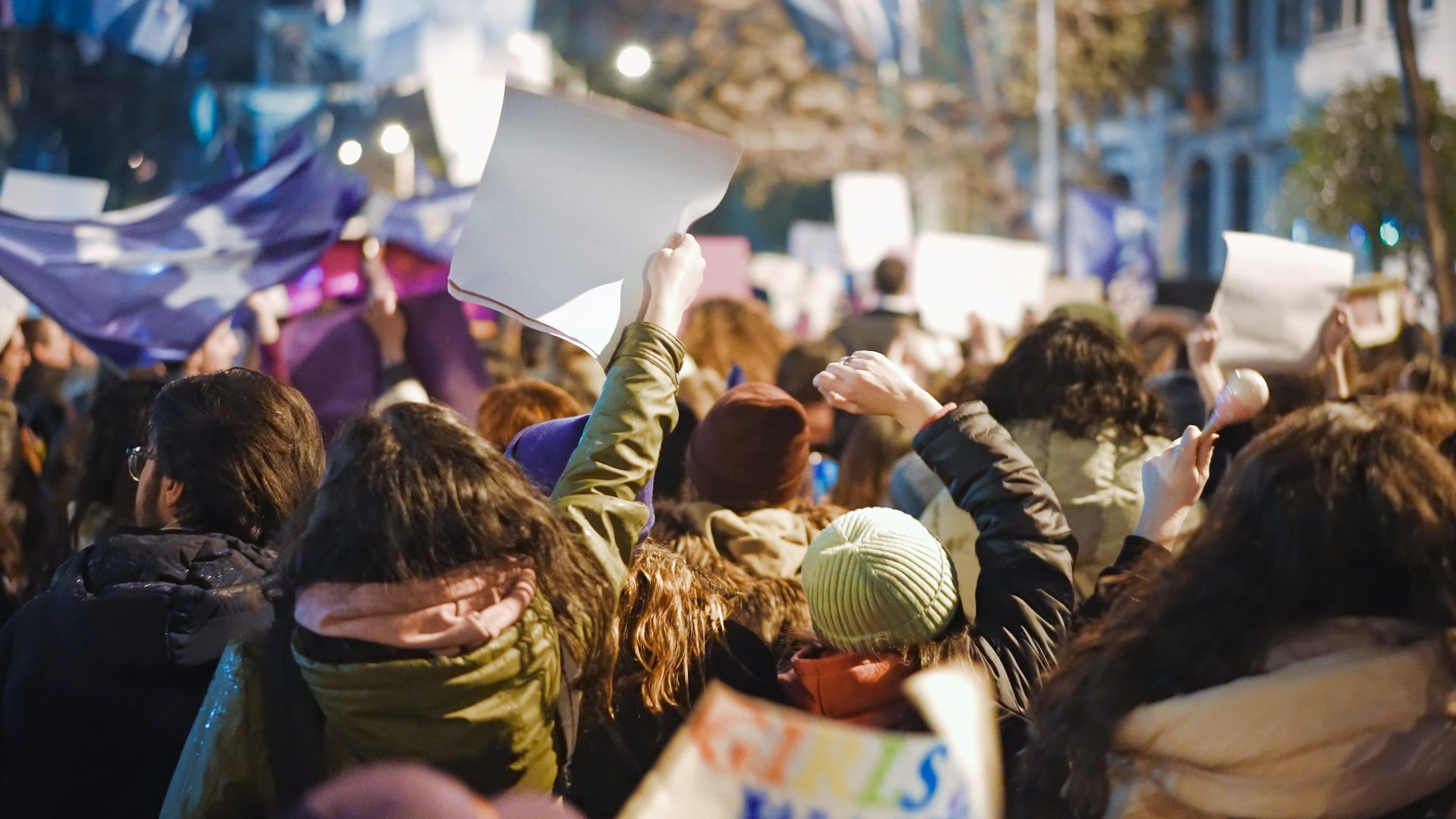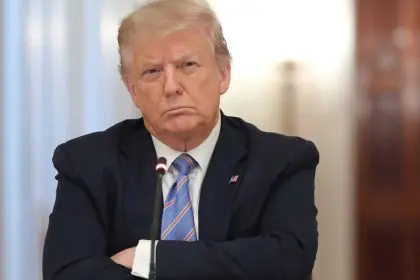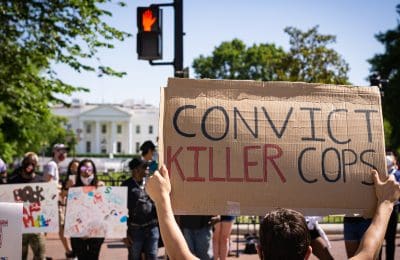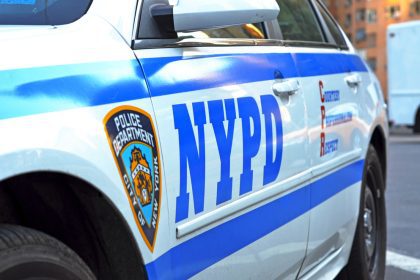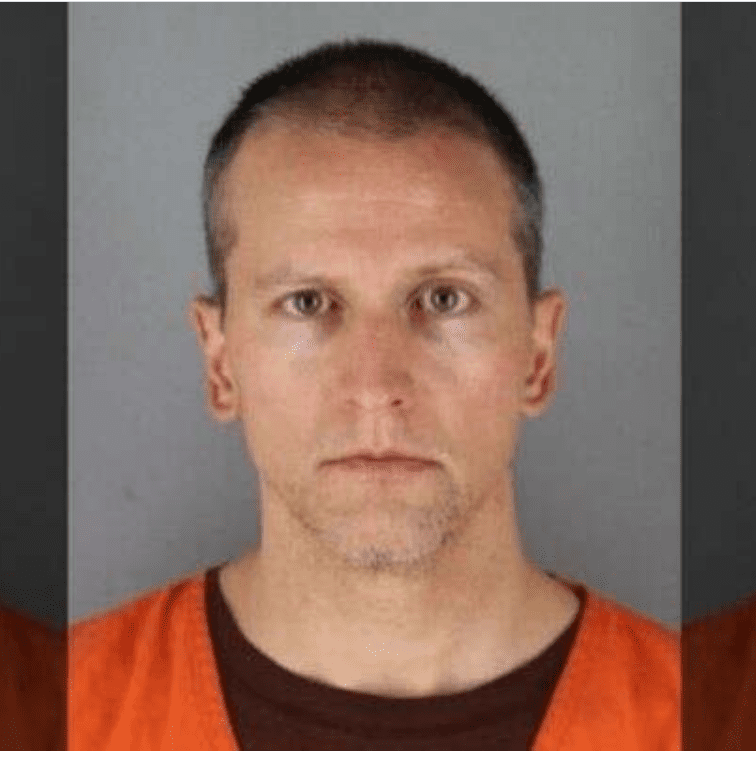The collision between federal authority and state resistance is about to reach a boiling point across Massachusetts this weekend, as dozens of anti-Trump demonstrations prepare to challenge what organizers call an unprecedented assault on democratic norms. The so-called No Kings movement has planned protests in all 50 states to coincide with President Trump’s birthday, but the Massachusetts demonstrations carry special significance given the escalating confrontations between federal agents and elected officials.
What started as routine political protests has transformed into something much more serious following Thursday’s shocking incident where California Senator Alex Padilla was physically confronted and handcuffed by federal law enforcement while attempting to enter a press conference. The image of federal agents restraining a sitting U.S. Senator has sent shockwaves through the Massachusetts delegation and created an atmosphere where this weekend’s protests feel less like typical political demonstrations and more like a test of constitutional principles.
The timing couldn’t be more loaded with symbolic significance. Trump’s birthday celebration includes a military parade ostensibly honoring the Army’s 250th anniversary, but protest organizers see it as a display of authoritarian power designed to intimidate political opposition. Against this backdrop, Massachusetts finds itself at the center of a broader struggle over the limits of federal authority and the rights of citizens to challenge government actions.
When handcuffing senators becomes normal
The incident involving Senator Padilla represents a crossing of lines that most Americans probably never imagined possible in their political system. A sitting United States Senator was physically restrained by federal agents for attempting to attend a public press conference, creating a precedent that has Massachusetts lawmakers questioning whether constitutional protections still apply to elected officials.
Senator Elizabeth Warren’s response from the Senate floor captured the gravity of what many see as a fundamental shift in how federal authorities treat political opposition. Her assertion that federal agents are throwing people to the ground and handcuffing them for exercising First Amendment rights suggests a pattern of behavior that extends far beyond isolated incidents.
The fact that multiple Massachusetts representatives felt compelled to issue strong condemnations of the Padilla incident reveals how seriously they view the implications for democratic governance. When lawmakers like Senator Ed Markey and Representative Jim McGovern compare federal law enforcement tactics to dictatorships, it indicates concern that goes beyond typical political rhetoric.
The incident has created an atmosphere where this weekend’s protests carry additional weight as tests of whether citizens can still exercise their constitutional rights without facing the kind of federal intervention that senators are apparently experiencing. If elected officials aren’t immune from aggressive federal tactics, ordinary protesters have even less protection.
The military parade that changes everything
Trump’s decision to combine his birthday celebration with a military parade creates optics that protest organizers view as deliberately provocative and potentially dangerous for democratic norms. The display of military power on a president’s birthday carries implications that extend far beyond typical ceremonial events.
The parade’s timing with nationwide protests creates a direct juxtaposition between displays of federal military power and citizens exercising their constitutional rights to assembly and free speech. This contrast amplifies the symbolic stakes of this weekend’s demonstrations and transforms them from routine political protests into statements about the relationship between military authority and civilian democracy.
Massachusetts protesters will be acutely aware that their demonstrations are happening simultaneously with a military parade designed to project federal strength and authority. That dynamic creates psychological pressure that could influence both protester behavior and law enforcement responses in ways that escalate tensions beyond typical demonstration management.
The military parade also serves as a backdrop that gives additional meaning to protest slogans about rejecting kings and authoritarian displays of power. When citizens are protesting federal overreach while the president stages military parades for his birthday, the symbolism becomes impossible to ignore and adds emotional intensity to political demonstrations.
Massachusetts Republicans smell opportunity
The potential for this weekend’s protests to turn violent has Massachusetts Republican gubernatorial candidates Mike Kennealy and Brian Shortsleeve positioned to capitalize on any disorder that might reflect poorly on Governor Maura Healey’s leadership. Their criticism of Healey for joining other Democratic governors in opposing Trump’s National Guard deployment in California reveals strategic calculation about how to benefit from federal-state tensions.
Republican candidates are essentially betting that Massachusetts voters will blame Healey if protests in the state become violent or disruptive, even though the governor has limited control over federal law enforcement actions or protest organizing. This political dynamic creates additional pressure on state and local officials to maintain order while respecting constitutional rights.
The Republican strategy of criticizing Healey for opposing federal military deployment reveals how quickly traditional federalism principles can be abandoned when political advantage is available. Conservatives who typically support state rights are now criticizing a governor for resisting federal military intervention in state affairs.
The political calculations around this weekend’s protests demonstrate how quickly constitutional issues can become partisan weapons rather than shared democratic principles. The fact that potential violence at protests is being viewed primarily through the lens of gubernatorial campaign strategy shows how polarized the political environment has become.
The constitutional crisis nobody wants to acknowledge
The deployment of federal military forces against the wishes of state governors, combined with federal agents handcuffing senators, creates constitutional tensions that most Americans have never experienced in their lifetimes. The Massachusetts legal and political establishment is grappling with scenarios that seemed impossible just months ago.
Attorney General Andrea Campbell’s decision to join the legal fight against Trump’s military deployment in California reflects recognition that constitutional principles are at stake that extend far beyond partisan politics. When state attorneys general coordinate legal challenges to federal military actions, it suggests concerns about fundamental governmental authority and separation of powers.
The fact that 22 state attorneys general felt compelled to challenge federal military deployment indicates broad concern about precedents being established that could permanently alter the balance between federal and state authority. Massachusetts officials are treating this as a constitutional crisis rather than routine political disagreement.
The legal challenges also reveal uncertainty about what constitutional protections remain viable when federal authorities are willing to use military force and arrest elected officials. The normal checks and balances that Americans rely on for protection of their rights may not function when federal power is exercised this aggressively.
What Saturday’s protests really mean
The No Kings demonstrations planned across Massachusetts represent more than typical political protests, they’re tests of whether constitutional rights to assembly and free speech remain protected when federal authorities view political opposition as threats requiring military response. The outcome of these protests could establish precedents that influence American democracy for years to come.
Protest organizers understand that they’re operating in an environment where federal agents have handcuffed senators and deployed military forces against state government opposition. That knowledge inevitably affects how protesters approach their demonstrations and what risks they’re willing to accept for political expression.
Local law enforcement faces unprecedented challenges in managing protests while federal authorities are taking increasingly aggressive approaches to political demonstrations. The potential for conflicts between local police trying to protect constitutional rights and federal agents pursuing different objectives creates volatile situations that could escalate quickly.
The geographic scope of the protests, planned for all 50 states, means that Massachusetts demonstrations are part of a coordinated national challenge to federal authority that goes beyond typical regional political activism. The coordination suggests organization and planning that federal authorities may view as more threatening than spontaneous local protests.
The precedents that terrify everyone
The events leading up to this weekend’s protests have established precedents that should concern anyone who values constitutional government regardless of their political affiliations. When federal agents can handcuff senators and presidents can deploy military forces over state government objections, traditional limitations on federal power have effectively disappeared.
Massachusetts officials’ strong reactions to recent federal actions reflect recognition that constitutional protections they’ve taken for granted may no longer be reliable. The legal challenges and political statements suggest awareness that fundamental governmental norms are being challenged in ways that could permanently alter American democracy.
The willingness of federal authorities to use increasingly aggressive tactics against political opposition creates conditions where this weekend’s protests carry risks that previous generations of American protesters never faced. The potential for military intervention in civilian demonstrations represents a crossing of lines that most Americans assumed were permanent features of their political system.
The long-term implications of current federal actions may not be fully apparent until future administrations either reverse or expand upon precedents being established now. Massachusetts officials are treating recent events as potential permanent changes to American governance rather than temporary political conflicts.
The weekend that tests democracy
Saturday’s No Kings protests across Massachusetts represent a crucial test of whether American democratic institutions can withstand the unprecedented challenges they’re currently facing. The outcome will influence not just immediate political dynamics but potentially the future of constitutional government in the United States.
The combination of military parades, aggressive federal law enforcement tactics, and nationwide protests creates conditions that most Americans have never experienced and that test democratic norms in ways that previous political conflicts have not. Massachusetts finds itself at the center of struggles that will help determine whether constitutional protections survive current political pressures.
The response of both protesters and law enforcement to this weekend’s demonstrations will establish precedents that influence future political activism and government responses to civil dissent. The stakes extend far beyond immediate political goals to fundamental questions about the nature of American democracy.
The moment democracy faces its biggest test
Massachusetts’ preparation for this weekend’s No Kings protests reflects broader national tensions about the limits of federal authority and the survival of constitutional protections that Americans have traditionally taken for granted. The handcuffing of Senator Padilla and deployment of military forces against state government opposition have created conditions where routine political demonstrations carry unprecedented risks and significance.
The outcome of Saturday’s protests may help determine whether American democratic institutions can withstand challenges that previous generations never imagined possible. Massachusetts officials are treating these events as potential turning points in American governance rather than temporary political conflicts, reflecting awareness that fundamental constitutional principles are being tested in ways that could permanently alter the nation’s political system.
The combination of military displays, aggressive federal tactics, and coordinated national protests creates a moment where the future of American democracy may be decided by how citizens, officials, and institutions respond to unprecedented challenges to constitutional government.

